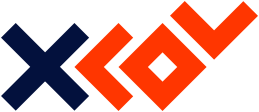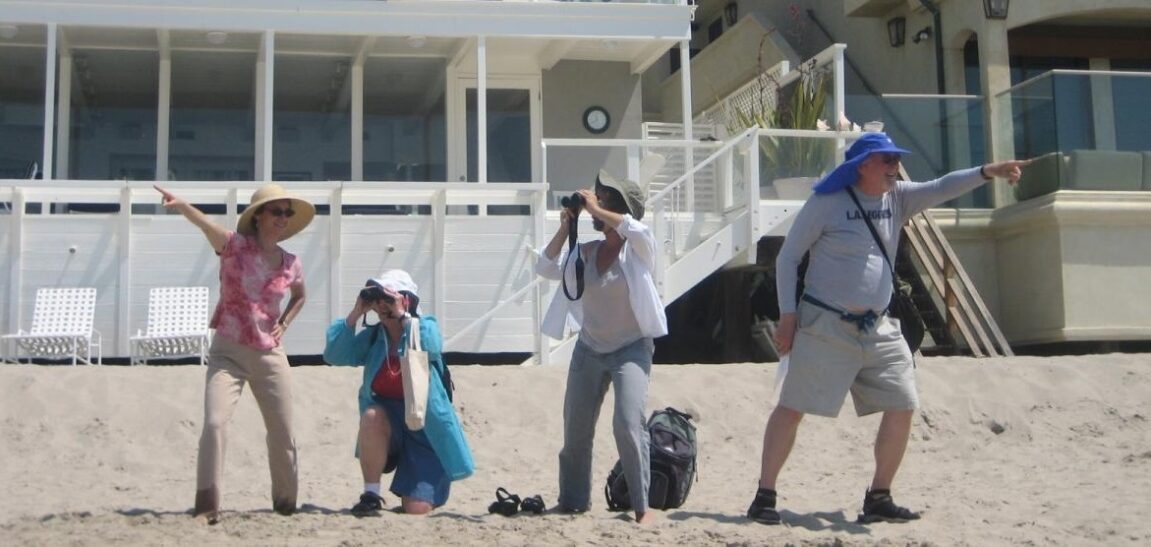Meetings are, together with papers and books, the quintessential mechanism for the circulation of academic knowledge. And yet, despite the relevance of the methodologies we use to share knowledge, we usually resort to the most conventional formats: paper presentations, round tables, etc. Nevertheless, anthropology has recently recognised the need to explore other ways of sharing our knowledge and thinking together.
As part of an interest in the modes of ethnographic experimentation the #Collex network (Collaboratory for Ethnographic Experimentation) have been exploring these venues for sharing knowledge that have received the name of open formats. The two international workshops of Colleex have been the test bed for different formats: from cooking sections to performances, including sensory workshops, exhibitions… and different methodologies to think and make together. A central element of this effort is the activity of documenting these formats and methodologies so that they can be reproduced and used elsewhere. A documentation project with two goals: bringing for discussion the relevance of experimenting with meeting formats as pedagogical spaces for the apprenticeship of ethnographic experimentation and encouraging the need to document these ‘experiments’ so that they may travel, be learnt and reproduced elsewhere. Xcol follows now this effort and inventories those formats gathered in #Colleex and many more others.

